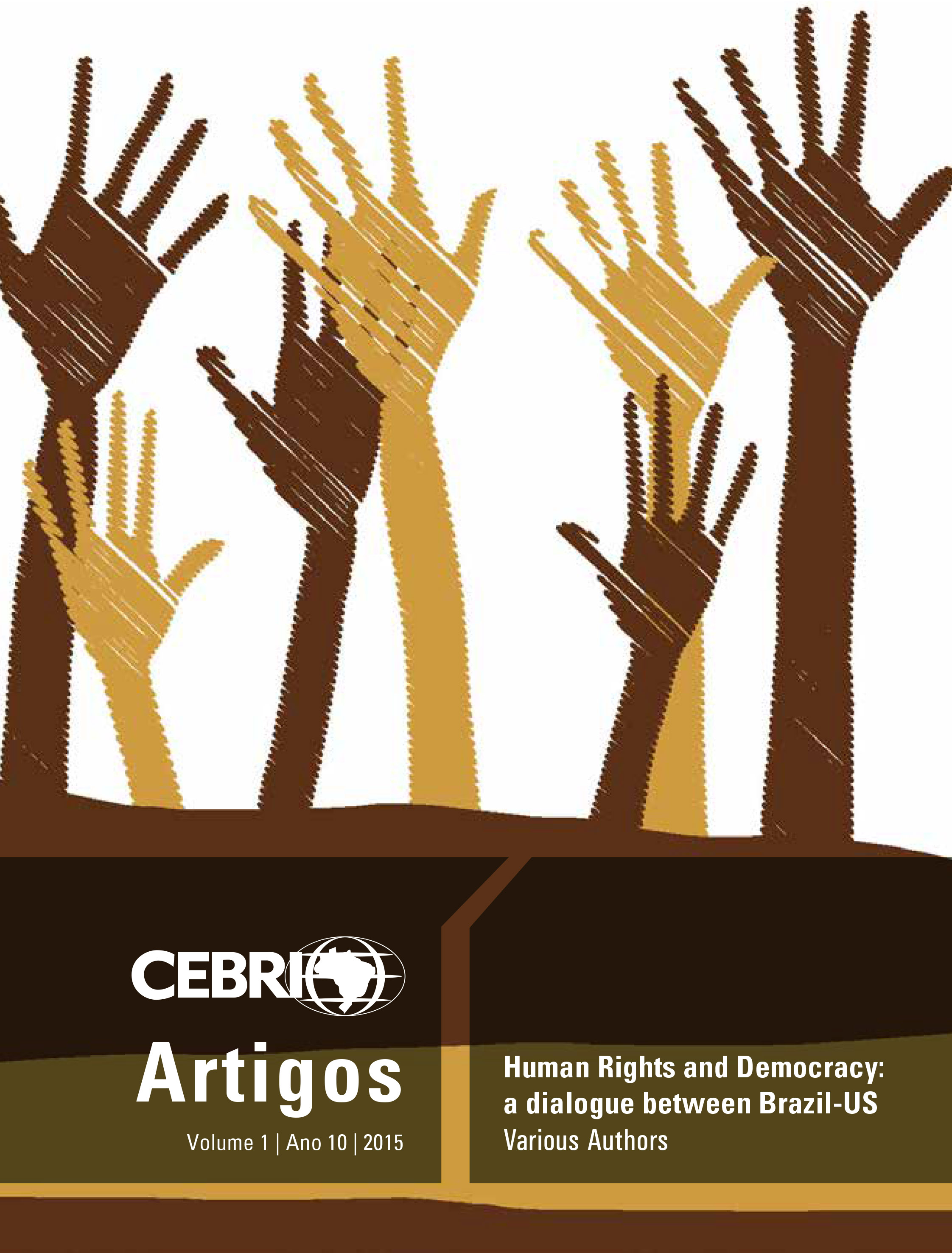Articles
Human Rights and Democracy | A dialogue between Brazil-US
- 15 april 2015
The United States and Brazil are large, multiethnic, liberal democracies in the Americas which make efforts to respect human rights at home. Both support the fundamental principle that human rights are universal. Together they could help improve respect for these rights globally. However, despite their commonalities, at times, they pursue different approaches to human rights. Further analysis may help explain the nuances in their different positions and contribute to efforts to forge greater cooperation.
Deepening US-Brazil dialogue could contribute to the global discussion on human rights. Both countries are diplomatically active. Greater cooperation could enable them to continue to support a fundamental principle they share – the universality of human rights. Defending this principle is especially important now as it is under threat from those who think rights should be based on religion or ethnicity.
The United States and Brazil are large, multiethnic, liberal democracies in the Americas which make efforts to respect human rights at home. Both support the fundamental principle that human rights are universal. Together they could help improve respect for these rights globally. However, despite their commonalities, at times, they pursue different approaches to human rights. Further analysis may help explain the nuances in their different positions and contribute to efforts to forge greater cooperation.
Deepening US-Brazil dialogue could contribute to the global discussion on human rights. Both countries are diplomatically active. Greater cooperation could enable them to continue to support a fundamental principle they share – the universality of human rights. Defending this principle is especially important now as it is under threat from those who think rights should be based on religion or ethnicity.







